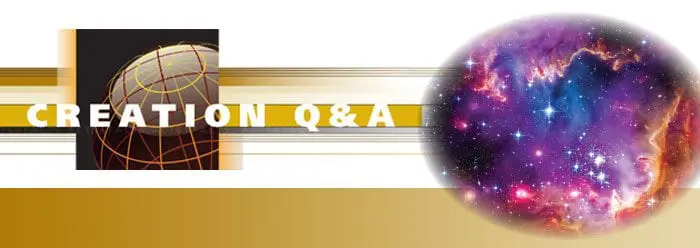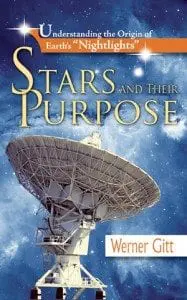by Brian Thomas, M.S.
“Our own Milky Way produces, on average, at least one new star every year,” begins a University of Michigan news story detailing how galactic dust interactions may regulate star formation.1 However, Genesis says, “He made the stars also…. So the evening and the morning were the fourth day,” suggesting that God made all stars in the beginning.2 How could stars still be forming if He finished making them on “the fourth day”?
To begin, we could examine the evidence that leads most secular astronomers to believe new stars are born each year. One would think they use telescopes to watch a new star ignite where there were no stars the day before. But this never happened. No one has ever witnessed a new star “turn on.”
Instead of direct observations, secular astronomers employ uniformitarian logic to draw their conclusions. Uniformitarianism assumes that the natural processes we observe today, rather than God’s direct creation, explain the origin of all things. Peter warned that this idea would also creep into the Church and lead believers away from the truth of Scripture. He said that in the last days scoffers would try to remove the miracles of creation and the Flood from history by insisting that “all things continue as they were from the beginning.” …Continue reading.






